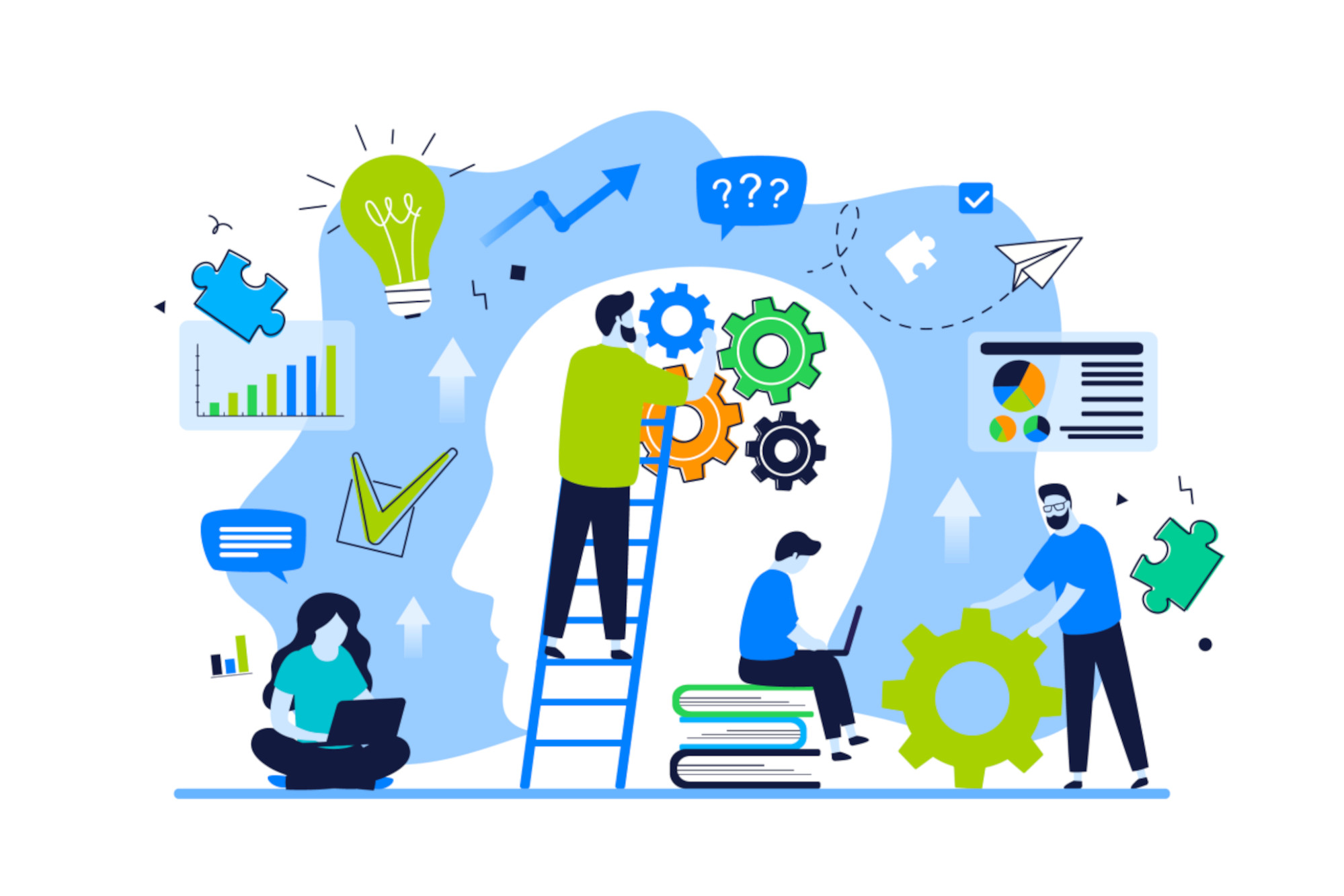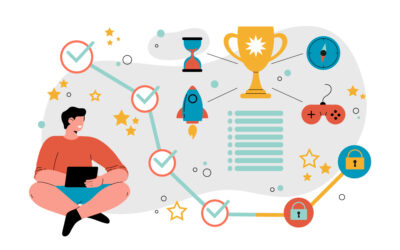
The Importance of Soft Skills in the Digital Age
article
Introduction
In a world where technology is ever-evolving and digitisation continues to reshape the modern landscape, soft skills have become more crucial than ever to ensure business competitiveness and successful team dynamics. The ability to communicate effectively, problem-solve, collaborate, and adapt sets high-performing individuals apart in the digital age.
In this general educational article, we explore the importance of soft skills in driving business success and fostering team collaboration among tech-savvy workforces. By cultivating these essential abilities, individuals and organisations alike can navigate the challenges of a rapidly changing landscape, maximising their potential and securing their place in the relentless march of progress. Aarvi Learning Solutions is your ally in nurturing these vital soft skills, offering training programs that equip you with the expertise needed to thrive in the digital age—today, tomorrow, and beyond.
Communication Skills in a Digital World
Strong communication skills remain at the heart of successful business interactions despite the prevalence of new technological tools. In the digital age, effective communication involves verbal and written skills and the ability to convey messages clearly and concisely across various digital platforms. Confident and articulate communicators can bridge the gap between team members in remote or virtual environments, fostering positive working relationships and ensuring project success.
According to a study by the Economist Intelligence Unit, 44% of executives believe that poor communication has caused them to miss a critical business opportunity.
Emotional Intelligence (EQ) in Tech-Driven Environments
Emotional intelligence, or EQ, is crucial for navigating complex workplace situations, managing relationships, and demonstrating empathy. As technology alters how people collaborate, EQ plays a pivotal role in leaders’ and employees’ ability to adapt to new challenges and opportunities. By understanding and addressing the emotions and concerns of their peers and subordinates, professionals can help to maintain a positive and supportive work environment in a digitally driven landscape.
A report by Deloitte found that companies where employees have a strong sense of well-being, including emotional well-being, are twice as likely to be innovative and have a growth culture.
Problem-Solving and Critical Thinking
If there’s one aspect of work that technology cannot entirely replace, it’s the human ability to think critically and solve problems creatively. As technology continues to unleash a wave of new challenges and opportunities, professionals need to apply their problem-solving skills to find adaptable solutions and address emerging issues. Developing these critical thinking abilities allows individuals to stay ahead of their competition, offering a unique perspective and expertise that sets them apart.
Critical thinking is rated among the top three skills highly valued by employers, with 57% of surveyed professionals reporting it as a crucial skill.
Collaboration and Teamwork in the Virtual Realm
As teams become more dispersed and rely on digital tools for communication, the importance of collaboration and teamwork skills is further amplified. The ability to work effectively with others, navigate cultural differences, and harness the collective intelligence of the group is essential for driving innovation and improving overall organisational performance.
A survey by the Society for Human Resource Management (SHRM) found that 87% of human resources executives viewed collaboration as a critical skill for employees, with 70% of corporate leaders believing collaboration impacts employee engagement.
Agility and Adaptability for Changing Times
The digital age is characterised by rapid changes and new developments, making adaptability and agility indispensable soft skills. Employees who can quickly embrace new tools, systems, and processes are better equipped to navigate the challenges of the digital era, ensuring that their organisations remain competitive. Possessing a growth mindset and the willingness to learn new skills also helps individuals to future-proof their careers in an increasingly unpredictable job market.
A LinkedIn Learning report found that adaptability was the most in-demand soft skill among companies in 2020, as it plays a vital role in navigating change.
Time Management and Organisation Skills
Effectively managing time and prioritising tasks are important soft skills in any workplace, regardless of the industry or level of digitalisation. With increasing workloads and the constant influx of digital information, employees need to hone their organisational skills to maximise productivity and manage their responsibilities efficiently.
A survey by Cleverism found that poor time management was the primary cause of failure for 15% of surveyed businesses.
Creativity and Innovation Amidst Digital Transformation
While artificial intelligence and automation continue to reshape the landscape, creativity and innovation remain distinctly human skills, fueling business competitiveness in an ever-changing digital world. Creative problem-solvers can identify unique solutions and emerging opportunities, empowering their organisations to adapt and thrive.
According to a report by The World Economic Forum, creativity, innovation, and ideation are predicted to become central skills by 2025 as technology evolves and permeates our lives.
By developing and refining these essential soft skills, individuals can excel in the digital age, making meaningful contributions to their organisations and staying attuned to the ever-evolving demands of the modern workplace.
Empower Your Workforce with Aarvi Learning Solutions
The relevance and importance of soft skills in the digital age cannot be overstated. Mastering essential abilities such as communication, emotional intelligence, problem-solving, collaboration, adaptability, time management, and creativity equips individuals and organisations with the expertise needed to navigate the challenges of an ever-changing business landscape.
Aarvi Learning Solutions is committed to supporting your growth and development in these vital areas, offering tailored training programs that cater to your specific requirements. Contact us to learn more about our transformative learning and skills training solutions, designed to empower you and your organisation with the soft skills essential for thriving in today’s digital realm. Don’t let the fast pace of the digital age leave you behind—join us and secure your place in the future of work.
Read Similar
Master Remote Team Development: Boost Collaboration and Productivity
Discover the winning strategies and tools for developing high-performing remote teams fostering communication, collaboration, and productivity to propel your business towards success with Aarvi Learning Solutions.
Maximising Learning Retention with Gamification in Employee Training
Discover the benefits and strategies of employing gamification techniques in employee training, elevating engagement, motivation, and learning retention for lasting workforce development.
Lets Talk


